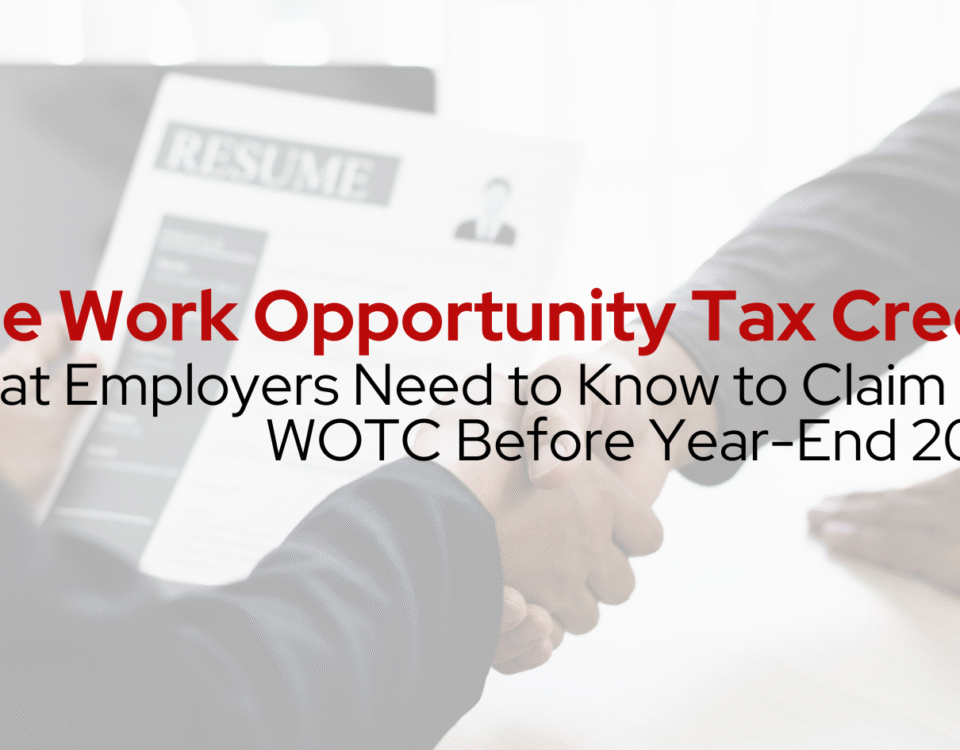
Unlocking the Benefits of Educational Assistance Programs: A Guide for Employers
August 11, 2024
Casualty Loss Deduction: What You Need to Know
November 6, 2024In the wake of Hurricane Helene, the devastation felt across Augusta and surrounding communities is profound. As our neighbors and local businesses focus on rebuilding, we at Anderson, Adkins & Company want to offer support and practical guidance during this difficult time. We understand the overwhelming challenges you may face in dealing with financial records, taxes, and urgent business matters, and we’re here to help you navigate these complex issues with care and concern.
1. Documenting Your Losses for Insurance and Tax Purposes
One of the most important steps after a natural disaster is documenting your losses. Whether it’s property damage, loss of business income, or personal assets, detailed records will aid you in filing insurance claims and reporting casualty losses on your taxes. Here’s how to get started:
- Take photos of the damage: Capture clear, detailed images of all affected property, including the inside and outside of your home or business.
- Gather receipts and records: Organize any receipts for repairs, replacements, or appraisals of damaged items. These will be critical for both insurance and tax purposes.
- Create an inventory: List all damaged or lost items. For business owners, include inventory, equipment, and supplies that were impacted by Hurricane Helene.
If important financial documents were lost in the storm, don’t worry—replacements can often be obtained. Anderson, Adkins & Company can assist you in retrieving IRS records, insurance policies, or other essential documents to help with your recovery.
2. Tax Relief Opportunities
The IRS provides tax relief for those affected by disasters like Hurricane Helene, offering extensions on filing deadlines and options for reporting disaster-related losses. Some key relief options include:
- Extended deadlines: The IRS often grants additional time to file returns or make tax payments in disaster areas. We recommend checking the IRS website for updated deadlines applicable to Augusta and other impacted regions.
- Casualty loss deductions: You may be eligible to deduct losses not covered by insurance on your tax return. This applies to both personal and business property losses. Anderson, Adkins & Company can help calculate your deductible losses and assist with filing amended returns if needed.
- Tax-free assistance: If your employer provides disaster relief payments, these funds may be tax-free. It’s worth discussing with your employer to understand what assistance may be available.
3. Rebuilding Your Financial Records
Losing financial records in a hurricane can be stressful, but steps can be taken to recover critical documents:
- Bank and credit card statements: Contact your financial institutions to request past statements. Many banks can provide electronic records going back several years, which can assist you in rebuilding your financial history.
- IRS records: If you’ve lost past tax returns, the IRS can provide transcripts of your filings. These will be important for estimating losses and future tax filings.
- Insurance claims: Your insurance company will also keep detailed records of claims filed and any payouts received, which will be useful for both financial and tax purposes.
4. Accessing Disaster Relief Resources
Numerous local and federal resources are available to individuals and businesses recovering from Hurricane Helene:
- FEMA assistance: Residents in disaster-declared zones may qualify for federal aid, which can include grants for temporary housing, home repairs, and other critical expenses. Visit www.disasterassistance.gov for more information on applying for aid.
- Small Business Administration (SBA) loans: The SBA offers low-interest loans to businesses, homeowners, and renters to cover uninsured losses from the hurricane. These loans can be used for repairs, replacements, or working capital needs.
- Local nonprofits and community resources: Augusta and the surrounding areas have numerous organizations offering relief. From housing assistance to food banks, connecting with community leaders can help guide you to these local resources. Our local Chambers of Commerce have put together a list of resources for businesses, which you can view here.
5. Maintaining Business Continuity
For business owners affected by Hurricane Helene, both immediate recovery and long-term planning are essential. While focusing on rebuilding, it’s also critical to:
- Communicate with clients and suppliers: Keep your clients informed about potential delays or service interruptions. Suppliers should be notified of any inventory or shipment issues. Clear communication will help preserve trust during the recovery process.
- Explore financial assistance: Consider applying for SBA disaster loans or business interruption insurance if applicable.
- Consult with your CPA: Anderson, Adkins & Company is here to help you rebuild your financial systems, manage payroll disruptions, and ensure you’re in compliance with any new tax regulations or disaster-related changes.
We’re Here to Help
At Anderson, Adkins & Company, our hearts go out to all those affected by Hurricane Helene. We know this is a difficult time for many of our friends, neighbors, and clients in Augusta and the surrounding communities. Our team is dedicated to offering the support, guidance, and resources you need to navigate your financial recovery.
Whether you need assistance with documenting losses, accessing tax relief, or rebuilding your financial records, we are here to help. Please don’t hesitate to reach out to us with any questions or concerns. Call us at 706-288-2000 or email info@augustacpas.com. Together, we will work through this and help you rebuild for the future.
Stay safe, and know that Anderson, Adkins & Company is here to support you every step of the way.




